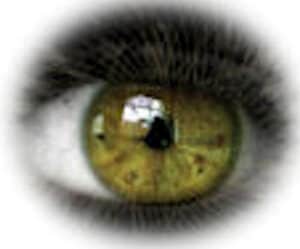Adaptive sports and activities refer to sports and recreational activities that are modified or adapted to accommodate individuals with disabilities, including those with visual impairments. These...
Category: The Experience of Vision Loss
Low vision can make it harder for a visually impaired person to encode (learn) and recall visual memories because the visual information is not available. This can lead to difficulty...
Enhancing Workplace Inclusivity for Visually Impaired Employees
Individuals with visual impairments possess a diverse array of skills suited to numerous professions. By integrating assistive features into workplace technologies, organizations empower employees...
Blur, loss of contrast sensitivity, light sensitivity, glare, visual field loss, distortion, nystagmus, color vision anomalies, and double vision are types of vision loss. Each of these disorders can...
Pretending Not to be Visually Impaired: Passing with a Disability
Individuals with vision impairment often adopt behaviors and tactics to hide their disability, striving to blend in and appear "normal." This is facilitated by the fact that vision impairment is...
Why Those with Low Vision Have a Problem with Facial Recognition
Individuals coping with low vision face challenges in visual acuity and stable fixation, making facial recognition particularly difficult. This crucial skill relies on the ability to perceive detail...
